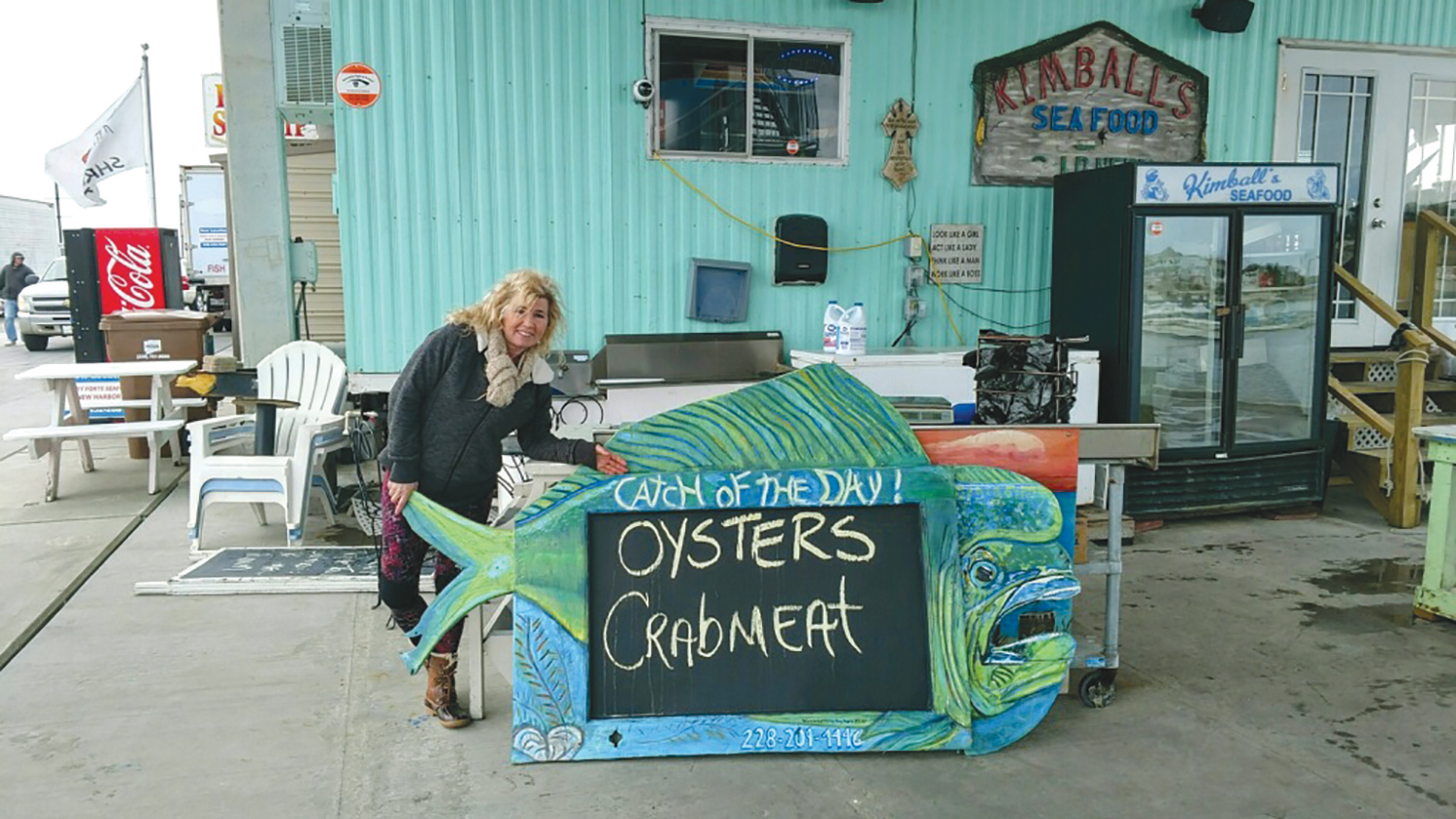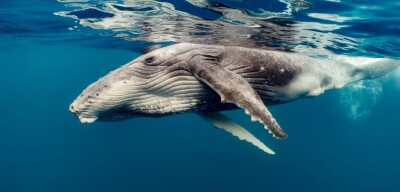Darlene Kimball of Pass Christian, Miss., says her family business began in 1930 with her great-grandmother selling fresh catch on the front steps of her house. As a child, Darlene stood on a milk crate to help wait on customers when the family opened Kimball’s Seafood Market downtown.
The Kimball family, known for oysters, once had about 80 boats bringing in seafood. It’s about 10 boats today, and oyster reefs in their area are often closed. In early January, she was selling oysters from waters near Ocean Springs, Miss., plus shrimp, cobia, grouper, tuna, tripletail and Florida lobster.
In this small coastal town, where the population hovers around 6,000 residents, Kimball’s grandmother ran the seafood market and her father ran the dock for years.
“My aunts taught me to filet fish,” Kimball said, and she spent quite a few summers and schoolday afternoons doing that and other immersive adventures in marine biology, alongside her two brothers. And hating everything about the business.
“My father would come to pick us up from school in an old shrimp truck, and it stunk, and we were embarrassed. Now I know I really should have been proud of that,” she said.
“As I got older I started to like everything my father was doing,” she added. That doesn’t mean their feisty relationship changed. “I got fired many a time by my father,” she said. “We were both stubborn.”
Three weeks after she graduated from college in 2003, her father died. “When I got the phone call that morning, I went straight to the harbor, put a wreath on his office door, and said, ‘OK, Johnny Boy.’ People called him Johnny Boy. I left his jacket there and everything, just the way he left it.”
Now she runs the business by herself, with a few employees. “I have great fishermen who work for me. Some of them worked for my father, and their fathers worked for my grandmother. They’re not fishermen, they’re family.”
Together, they’ve weathered historic disasters. Hurricane Katrina, the BP oil spill, freshwater invasion from the opening of the Bonnet Carre Spillway.
According to a 2017 report issued by Mississippi State University, these tragedies resulted in an oyster landings loss of $46 million between 2011 and 2014.
“It’s been a hard business to keep alive when Mother Nature makes the rules,” Kimball said.
“But I’ve never regretted it. I still have old guys — and I say old guys because they’re older than me — come up to me and say, ‘I worked for your grandpa.’”







